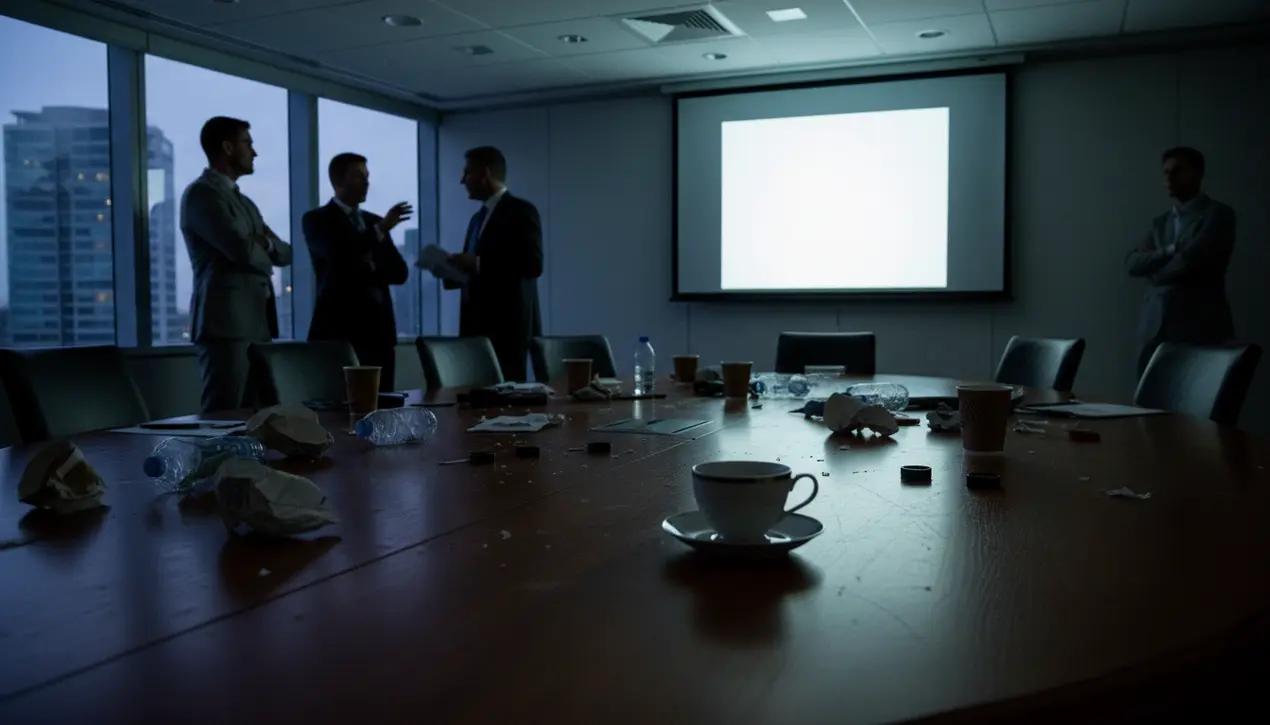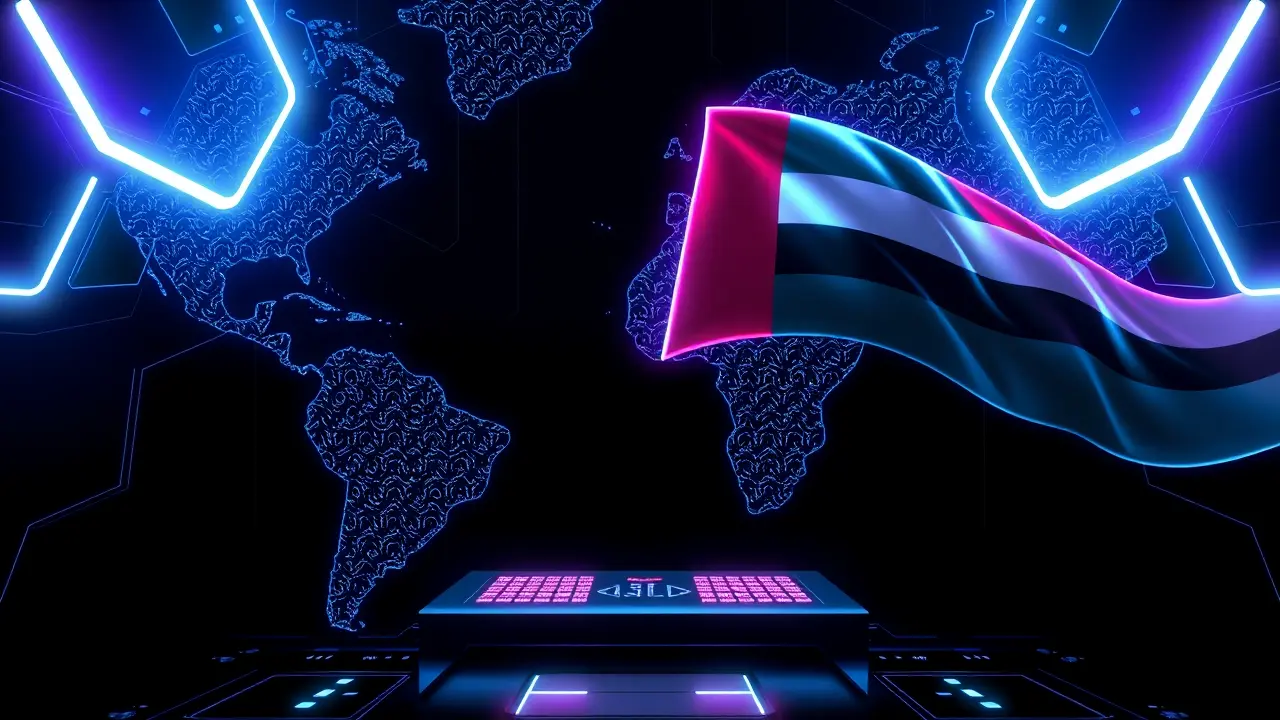
PoliticsdiplomacyBilateral Relations
Clear Communication Needed on China-Europe Thorny Issues
RO
Robert Hayes
2 hours ago7 min read
The strained relationship between Brussels and Beijing represents one of the most consequential geopolitical recalibrations of our era, a complex diplomatic minuet where both parties share culpability for the current impasse. According to Joerg Wuttke, the former president of the European Union Chamber of Commerce in China and now a partner at the consulting firm DGA Albright Stonebridge Group in Washington, this deterioration is not a one-sided affair but a mutual failure of strategic foresight.The core of the issue, as Wuttke articulates with the authority of a seasoned China watcher, lies in the perilous ambiguity surrounding thorny subjects like Taiwan and the strategic dominance in rare earth minerals. The Taiwan question, in particular, stands as a perennial flashpoint, a geopolitical fault line where miscommunication could escalate with devastating speed.History offers sobering parallels; much like the delicate balance of power during the Cold War, where a single misstep in Berlin or Cuba could trigger a cascade of events, the current Sino-European tensions demand a similar level of disciplined, clear-channel communication to prevent miscalculation. The European Union's 27-member bloc, Wuttke argues, must therefore redouble its efforts to forge a more resilient and unified front, reducing its strategic dependencies while navigating the intricate web of economic cooperation and systemic rivalry that defines its relationship with China.This is not merely a matter of trade policy but of fundamental geopolitical resilience, echoing the historical imperatives that shaped the Marshall Plan—a concerted effort to build structural strength in the face of a challenging global landscape. Wuttke’s call for a new Manhattan Project-style initiative underscores the scale of ambition required, suggesting that only through a similarly concentrated, resource-heavy endeavor can Europe hope to achieve technological sovereignty and secure its supply chains against potential coercion.The rare earths issue exemplifies this vulnerability; China’s near-monopoly on these critical elements, essential for everything from electric vehicles to advanced weaponry, grants it substantial leverage, a reality that European policymakers can no longer afford to ignore. The broader context involves a global shift from unbridled globalization to a new era of strategic competition, where economic interdependence is weaponized and alliances are tested.Expert commentary from other quarters, such as analysts at the European Council on Foreign Relations, often highlights the internal divisions within the EU itself, where member states like Germany, with its deep automotive and industrial ties to China, frequently clash with more hawkish capitals such as Paris and Vilnius over the appropriate level of confrontation. The possible consequences of continued drift are severe: a fragmented transatlantic approach to China, a weakening of the multilateral order, and the entrenchment of a bipolar tech sphere.A clear, coherent, and jointly understood set of red lines on issues from human rights to the status of Taiwan is not a luxury but a necessity for preventing a slide into a more adversarial and unstable international environment. The path forward demands statesmanship of a high order, blending diplomatic nuance with strategic resolve, lest this current period of strain hardens into a new, unmanageable cold war.
#China-Europe relations
#Taiwan
#rare earths
#trade
#diplomacy
#communication
#featured
Stay Informed. Act Smarter.
Get weekly highlights, major headlines, and expert insights — then put your knowledge to work in our live prediction markets.
Related News
Comments
Loading comments...
© 2025 Outpoll Service LTD. All rights reserved.














